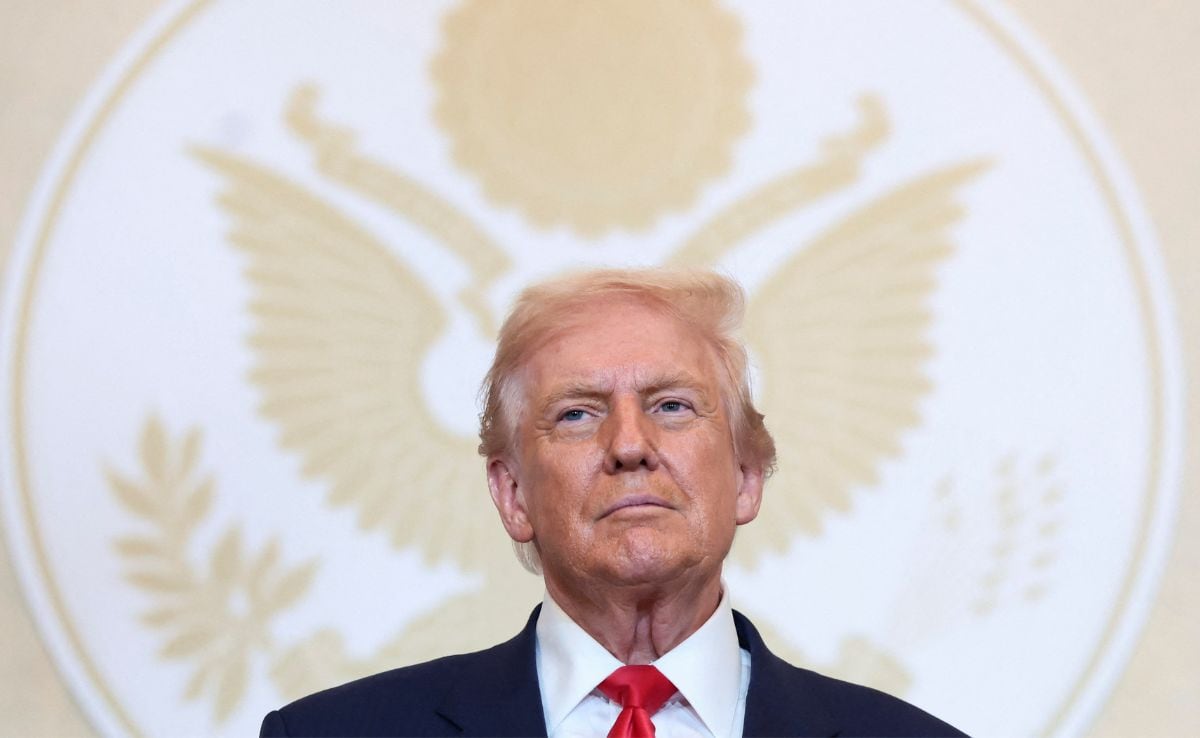So much, the thinking went, for Biden’s stated emphasis on human rights. So much for the United States restoring trust among allies after the impetuous wrecking-ball nationalism of the Trump years. Biden and his lieutenants didn’t show much remorse over the decision to quit Afghanistan, insisting that an end to two decades of U.S. deployments there was necessary and also backed by much of the U.S. public. To some European diplomats, the actions smacked of a broader American aloofness that has characterized successive U.S. administrations.
Then came another geopolitical crisis. The new U.S.-Australian-British pact unveiled last week triggered a rupture in relations with France, which saw its existing contract to produce a fleet of submarines for Australia scrapped in favor of a nuclear-technology deal brokered between the three Anglo nations. The French government remains furious: It recalled its ambassador in Washington and has set about throwing a wrench into ongoing E.U. trade talks with Australia.
“There have been lies, contempt and a breach of trust,” French foreign minister Jean-Yves Le Drian told media, pointing to how Paris was kept in the dark while the Americans, British and Australians hatched the deal in secret. “An hour before, we knew nothing about these negotiations. You do not deal with an ally like France with such brutality and unpredictability.” (The United States said France was aware of the agreement a day or two before it was announced.)
Le Drian even scoffed at the idea of a sit-down with his counterpart, Secretary of State Antony Blinken, on the sidelines of the U.N. General Assembly, where dozens of world leaders are convening this week. He suggested instead that they may see each other walking down a U.N. corridor — passages that have witnessed decades of awkward interactions between geopolitical adversaries. It’s a dramatic departure from earlier this summer, when the two stood side-by-side at the French ambassador’s residence in Washington, unveiled a mini-Statue of Liberty and extolled the deep bonds between the two nations.
This was not the atmosphere Biden wanted ahead of delivering his first speech at the United Nations as president on Tuesday. But he will use the moment to press ahead with his global agenda, calling attention to the fights both against climate change and the coronavirus pandemic.
“By focusing on climate change and covid-19 — two genuinely global challenges that demand a multilateral response — Biden has an opportunity to win the doubters over and reassert American determination to solve problems through international cooperation,” wrote Richard Gowan, U.N. director for the International Crisis Group.
Biden will reiterate his ambition to get 70 percent of the world vaccinated against the coronavirus over the next 12 months. Campaigners for global vaccine access, though, believe his administration can do more to ease intellectual property protections and enable more countries to produce their own versions of the vaccine, rather than wait for donations from richer nations.
Biden is also expected to join other world leaders in pushing more countries to make major commitments to cut greenhouse gas emissions. Six weeks before a major U.N. climate conference in Glasgow, activists argue that the urgency of the climate crisis means the world’s powers must put aside their more narrow squabbles.
“It’s a common threat,” Laurence Tubiana, chief executive of the European Climate Foundation and a key architect of the 2015 Paris agreement, told my colleagues. “Climate change ignores power politics. It doesn’t care how many armies you have, how many weapons you have. … We saw in the pandemic when we don’t organize collectively how damaging it is. Climate is just much worse.”
The Biden administration may also use the moment to reiterate its particular brand of internationalism and further distance itself from its predecessor. For four years, President Donald Trump’s appearances at the dais of the U.N.'s General Assembly were almost those of an enemy combatant, contemptuous of the international elites hosted on U.S. soil. He mocked concerns over climate change and made no paeans to multilateral cooperation and global solidarity. Instead, Trump rattled his saber at China and Iran and boasted about his own record. Reaction to his diatribes was, at best, muted; on at least one occasion, the gathered dignitaries in the General Assembly laughed at him.
Biden is no Trump and will present a different vision of American foreign policy.
“The president will essentially drive home the message that ending the war in Afghanistan closed the chapter focused on war and opens a chapter focused on personal, purposeful, effective American diplomacy,” a senior U.S. official told reporters in a Monday briefing.
The official also added that Biden “will communicate tomorrow that he does not believe in the notion of a new Cold War with the world divided into blocks. He believes in vigorous, intensive, principled competition,” the official said, in a reference to Washington’s confrontation with Beijing.
That’s rhetoric that many at the United Nations may be relieved to hear, with U.N. Secretary General António Guterres warning that “we need to avoid at all cost a Cold War that would be different from the past one, and probably more dangerous and more difficult to manage.”
Biden and his team are eager to project the sort of sobriety Trump never showed. On Monday, after months of lobbying from E.U. diplomats, the Biden administration finally scrapped Trump-era travel bans imposed on some 33 countries, including the member states of the E.U., and will allow vaccinated travelers from everywhere to enter the United States starting in November.
“Trump made it clear that he intended to be a bull in a china shop while participating in overseas summits, hoping to bend allies to his will when it came to such things as funding NATO,” wrote my colleague Aaron Blake. “Biden’s approach is much more sugar than vinegar — a traditional approach to diplomacy.”
But the events of recent weeks are also a reminder for Biden that much can still go sour.
Read more:
.png)











 English (United States) ·
English (United States) ·  Turkish (Turkey) ·
Turkish (Turkey) ·